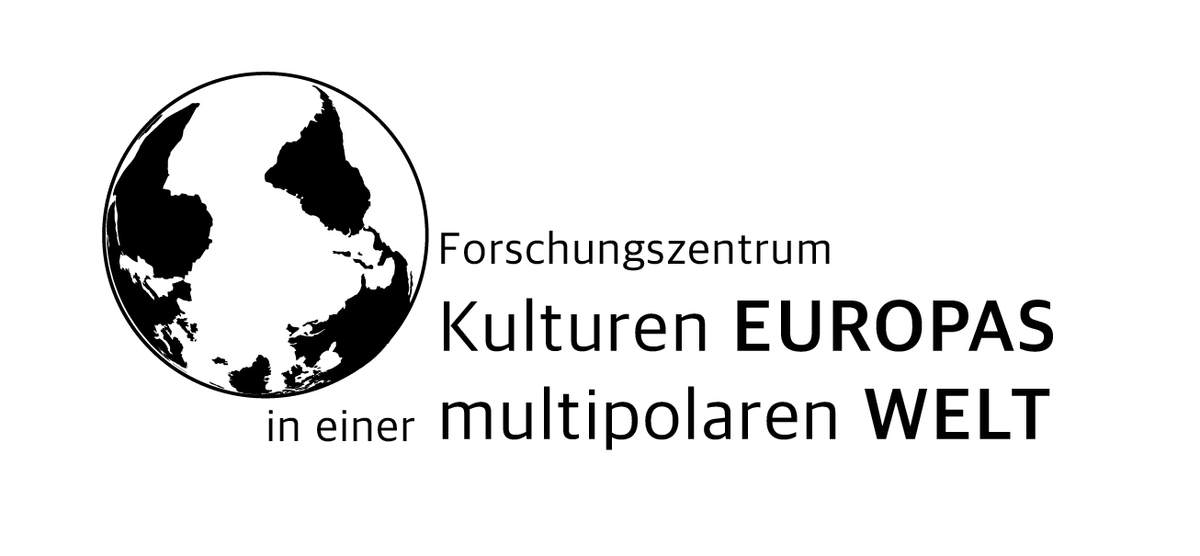Workshop "New Perspectives on Memory Culture and National Identity in the Post-Soviet Space"
Wann
Mittwoch, 17. Januar 2024
13 bis 16 Uhr
Wo
Bischofsvilla, Universität Konstanz
Veranstaltet von
Dr. K. H. Eberle Forschungszentrum "Kulturen Europas in einer multipolaren Welt"
Vortragende Person/Vortragende Personen:
Constantin Iordachi, Jiri Priban, Gruia Badescu, Oksana Dovgopolova
The question of the specifics of memory culture in the post-communist space has become dramatically acute with the current war in Ukraine. The war has revealed that European memory culture lacks a common mapping of the catastrophes of the twentieth century. With the Second World War and especially the Holocaust being at the center of the European community of memory (Claus Leggewie) as it developed in the course of the European integration process, events such as the Holodomor remained largely over-looked or marginalized in the dominant narrative of Europe’s post-catastrophic renewal. Yet historical experiences of imperialist suppression and exploitation for which the Holodomor is an especially drastic example are of key importance for the orientation towards the European Union in many post-soviet countries. “Never again!” – the foundational motto of the European integration has distinct historical reference points in different parts of Europe: On the Western side of the old iron curtain, it involves not only the break with own traditions that are regarded as causes for the catastro-phes of the early 20th century, including racism, antisemitism, imperialism and colonialism, but also the promotion of post-nationalist and post-heroic values and ideals. Europe here stands for the transgression of the national. In contrast, in the former peripheries of the imperial spaces of the old mon-archies and later the Soviet empire, the adherence to the European project is (as the Ukrainian example shows) still conceived of as the concluding part of a process of national emancipation, albeit this notion has recently been heavily challenged by sovereigntist tendencies in several post-soviet coun-tries that joined the EU in the 2000s. It is also clear that with its aggression against Ukraine and threatening gestures towards other countries of the Eu-ropean east, Putin’s Russia has created an environment that is hardly com-patible with the cultivation of post-heroic values that are deeply engraved in the memory culture connected with the European integration project. The consequences of the most recent events for European memory culture and European identity are unforeseeable, yet shifts and processes of reformulation along oppositions such as perpetratorhood/victimhood, colonial metropole/colonial periphery, post-heroism/heroism are likely to appear.
In the workshop “New Perspectives on Memory Culture and National Identity in the Post-Soviet Space”, the question of current developments in post-communist European memory culture and memory politics will be approached through the analysis of concrete memorial cultural practices, institutions and policies.

